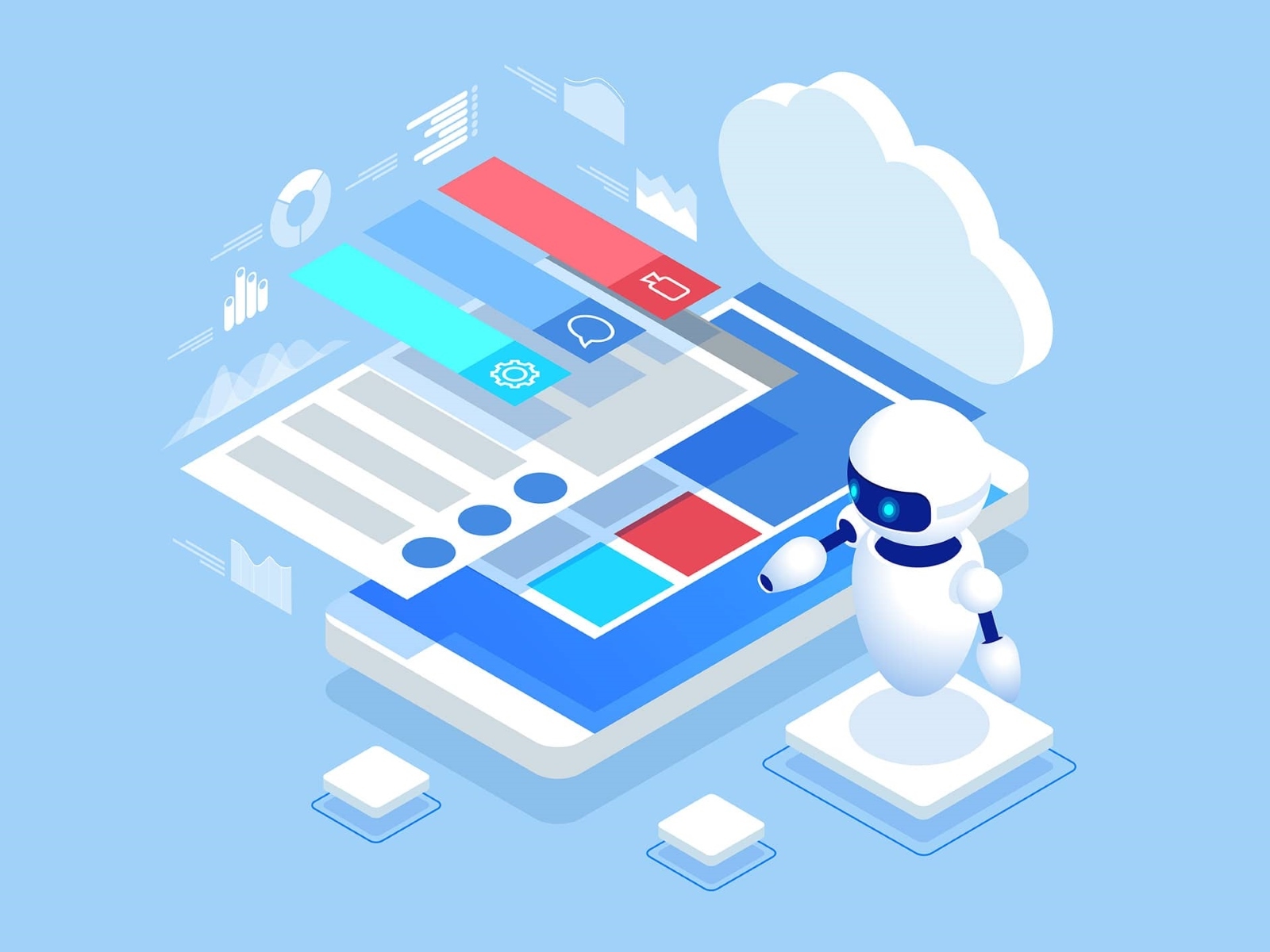
What is iPaaS? iPaaS stands for Integration Platform as a Service. It's a cloud-based solution that connects different applications, systems, and technologies within an organization. Imagine having a tool that helps all your software talk to each other smoothly. That's what iPaaS does. It simplifies data sharing, automates workflows, and ensures everything works together seamlessly. Whether you’re a tech newbie or a seasoned pro, understanding iPaaS can make your digital life easier. Ready to dive into some cool facts about iPaaS? Buckle up, because we’re about to make integration a breeze!
What is iPaaS?
Integration Platform as a Service (iPaaS) is a cloud-based solution that connects different applications, systems, and technologies within an organization. It simplifies data integration and streamlines workflows, making it easier for businesses to operate efficiently.
-
iPaaS stands for Integration Platform as a Service. It provides tools to integrate various software applications and services.
-
iPaaS is cloud-based. This means it operates over the internet, eliminating the need for physical hardware.
-
iPaaS supports multiple integration patterns. These include data integration, application integration, and process integration.
Benefits of Using iPaaS
Businesses adopt iPaaS for its numerous advantages. From cost savings to improved efficiency, the benefits are significant.
-
Reduces IT costs. By using cloud-based services, companies save on hardware and maintenance expenses.
-
Enhances scalability. iPaaS can easily scale up or down based on the business needs.
-
Improves data accuracy. Automated data integration reduces human errors.
Key Features of iPaaS
iPaaS comes with a variety of features that make it a powerful tool for businesses. These features help in managing and integrating data seamlessly.
-
Pre-built connectors. These allow easy integration with popular applications and services.
-
Real-time data processing. iPaaS can handle data in real-time, ensuring up-to-date information.
-
User-friendly interface. Most iPaaS solutions offer intuitive dashboards for easy management.
iPaaS vs Traditional Integration Methods
Traditional integration methods often involve complex coding and manual processes. iPaaS offers a more streamlined approach.
-
Less coding required. iPaaS uses visual tools and pre-built connectors, reducing the need for extensive coding.
-
Faster deployment. Integration projects can be completed more quickly with iPaaS.
-
Easier maintenance. Cloud-based solutions are easier to update and maintain.
Popular iPaaS Providers
Several companies offer iPaaS solutions, each with unique features and capabilities. Choosing the right provider depends on specific business needs.
-
MuleSoft. Known for its robust API management and integration capabilities.
-
Dell Boomi. Offers a wide range of integration options and a user-friendly interface.
-
Informatica. Specializes in data integration and cloud data management.
Use Cases for iPaaS
iPaaS can be used in various scenarios to improve business operations. These use cases demonstrate its versatility and effectiveness.
-
E-commerce integration. Connects online stores with inventory management systems for seamless operations.
-
Customer relationship management (CRM). Integrates CRM systems with other business applications to provide a unified view of customer data.
-
Human resources (HR) management. Links HR systems with payroll and other administrative tools for efficient employee management.
Future of iPaaS
The future of iPaaS looks promising as more businesses move towards digital transformation. Innovations and advancements will continue to shape its evolution.
- AI and machine learning integration. Future iPaaS solutions will likely incorporate AI and machine learning to enhance data processing and decision-making.
The Final Word on iPaaS
iPaaS, or Integration Platform as a Service, has revolutionized how businesses connect their various applications and data sources. It's a game-changer for companies looking to streamline operations, improve data accuracy, and enhance overall efficiency. With iPaaS, organizations can automate workflows, reduce manual errors, and ensure seamless communication between different systems.
Whether you're a small business or a large enterprise, iPaaS offers scalable solutions that can grow with your needs. Its ability to integrate cloud-based and on-premises applications makes it a versatile tool in today's tech-driven world. Plus, with the added benefits of real-time data synchronization and improved collaboration, iPaaS is an invaluable asset for any organization.
In short, iPaaS simplifies complex integrations, saving time and resources while boosting productivity. If you haven't considered it yet, now's the time to explore how iPaaS can benefit your business.
Was this page helpful?
Our commitment to delivering trustworthy and engaging content is at the heart of what we do. Each fact on our site is contributed by real users like you, bringing a wealth of diverse insights and information. To ensure the highest standards of accuracy and reliability, our dedicated editors meticulously review each submission. This process guarantees that the facts we share are not only fascinating but also credible. Trust in our commitment to quality and authenticity as you explore and learn with us.


